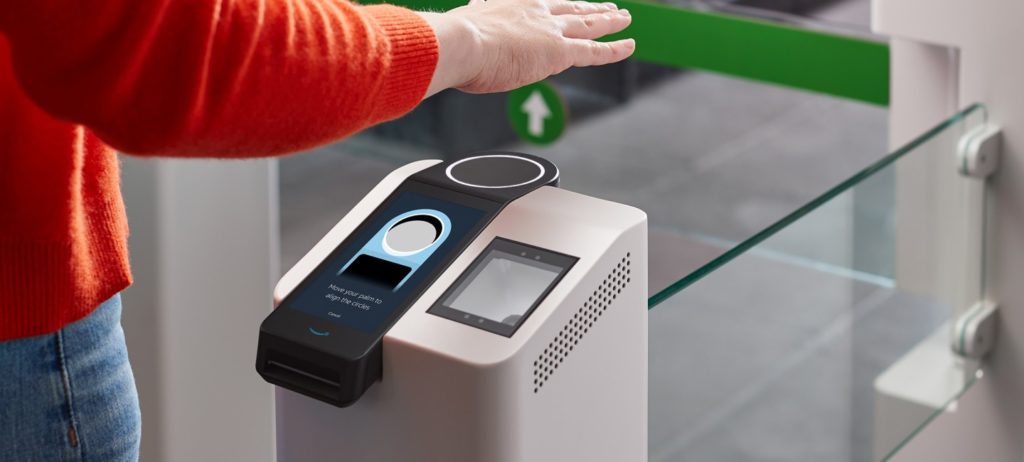This week’s show covers device launches from Amazon last week and Google this week. We also talk about connected coffee machines getting hacked, Amazon letting people pay with their palm, and Apple’s smart home patents. After that, we switch to developer news with Twilio’s new IoT platform and ARM’s chip designs for autonomous robots and cars. Vodafone added a new feature to its IoT modules, Yale has a smart package box for your business or home, and Swarm’s IoT module is out and somewhat pricey. In this week’s IoT Podcast hotline segment, we take a tip from a listener about pausing your 5GHz Wi-Fi when adding certain types of connected devices.

Our guest this week is Emily Anthes, a science journalist, and the author of The Great Indoors, a book that covers how we live now. Anthes talks about how the smart home is turning into a medical device to meet the needs of the elderly and how important people still are in figuring out what to do with connected device data. She then talks about how employers are using sensors in the workplace to help boost health and productivity. However, boosting productivity can be benign or almost totalitarian depending on the employer so we discuss surveillance and how to ensure people’s rights aren’t trampled in the process of making workplaces smarter. You’ll enjoy the show.
Hosts: Stacey Higginbotham and Kevin Tofel
Guest: Emily Anthes, author The Great Indoors
Sponsors: Perceive and Ayla Networks
Podcast: Play in new window | Download | Embed
Subscribe: RSS
